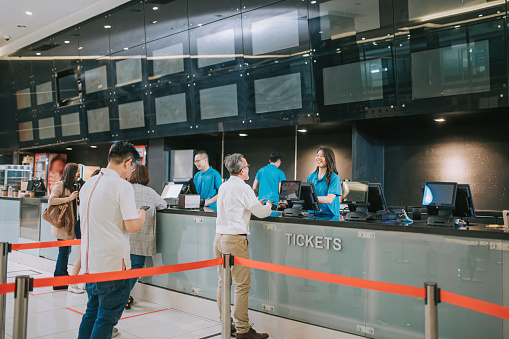
The other day, while walking in my local park, I had to stage a ‘duck intervention.’ Not as dramatic as it sounds, but what I felt to be pretty important, nonetheless. A family was perched over the pond feeding the wood ducks. When I saw the telltale bag of bread in the father’s hand, I knew I had to overcome my hesitation and stage an intervention.
I hate ruining others’ enjoyment, especially when they’re interacting with nature, and honestly, people always think they’re doing something nice feeding ducks bread. I did it too as a child. But really, it’s the worst thing for them. It swells up their stomachs and has little nutritional value for them, so they could end up malnourished and unable to fly. Better alternatives are corn, peas, oats, seeds, lettuce or rice.
No one likes to be told off, and I don’t like chastising people either. But neither did I want the ducks to suffer unnecessarily. So I tried a different tack, by approaching the man and saying, ‘Hi there. Do you happen to have any corn?’ When the man obviously said no, I explained the above scenario and how such vegetables or grains would be better alternatives to bring next time. I then invited him and his family to enjoy the ducks and went on my merry way. He was fine and, most of the time – though not always – people are receptive, as they generally don’t want to harm the ducks that they’re taking pleasure in feeding.
I’ve had a few other incidents lately where my initial reaction would have been to rush in and fix a problem by criticizing the action, but I feel that it’s far better still to offer a solution, vis a vis the ‘light a candle rather than curse the darkness’ response. This is especially challenging for me living as a vegan, surrounded by meat eaters. It would be easy (and tempting) for me to criticize people for their food choices, but if people are open, I feel that it’s better to offer what I perceive are healthier and kinder alternatives.
Everyone wants to feel that what they’re doing is right and it’s natural to want to correct others who you feel are doing wrong. I think, where it’s warranted, it’s okay not to ‘duck out’ of a potential confrontation and to inform and educate people, but with a view to offer a viable alternative instead. It makes the situation better for everyone – especially the ducks.


